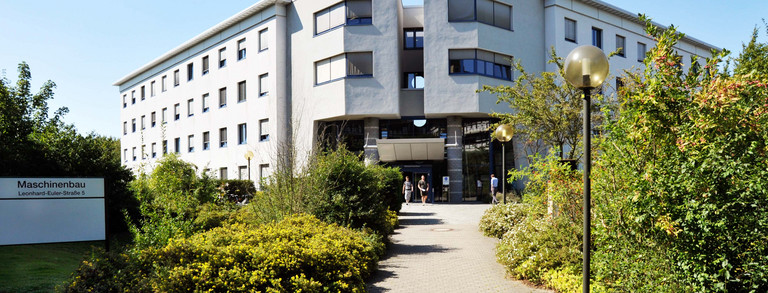Daniel Boiar, M.Sc.
Phone
+49 231 755-8257
Address
TU Dortmund
Leonhard-Euler-Str. 5
D-44227 Dortmund
Germany
Room
222
About the Person
Daniel Boiar, M.Sc., studied computer science at the TU Dortmund. After his studies, he worked as a research assistant at the Chair of Artificial Intelligence at TU Dortmund University. His research focus at IPS is on time series analysis in an industrial environment using artificial intelligence.
Research
- Automated THT assembly using robotics
- Time series analysis
- AI in industrial contexts
Teaching
- Supervision of project and final theses
- Realization of lecture series(es) of the IPS
- Execution of exercises to the lectures of the IPS
Industry
- Operative deployment of IoT technologies
- Creation of time series analyses of industrial plants and products
- Data-driven improvement of process efficiency
Presentations and Publications
- Boiar, Daniel; Liebig, Thomas; Schubert, Erich (2022). LOSDD: Leave-Out Support Vector Data Description for Outlier Detection. arXiv preprint arXiv:2212.13626.
- Boiar, Daniel; Killich, Nils and Schulte, Lukas; Moreno, Victor Hernandez; Deuse, Jochen; Liebig, Thomas (2022). Forecasting Algae Growth in Photo-Bioreactors using Attention LSTMs. In Proceedings of the Workshop on Artificial Intelligence for Engineering Applications 2022, Seiten (accepted), Springer, 2022.
- Sachweh, Timon; Boiar, Daniel; Liebig, Thomas (2022). Distributed LSTM-Learning from Differentially Private Label Proportions. In Data Mining Workshops, 2022. ICDMW'22. IEEE International Conference on, Seiten (accepted), IEEE, 2022.
- Sachweh, Timon; Boiar, Daniel; Liebig, Thomas (2021). Differentially Private Learning from Label Proportions. In Proceedings of the ECML Workshop on Parallel, Distributed, and Federated Learning, Seiten (accepted), 2021.
- Boiar, Daniel (2018). Realzeitliche Vorhersagen mit Hoeffding-Trees im Tunnelbau. TU Dortmund, 2018.



